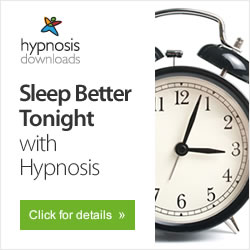
Let's face it, sleep just seems like a waste of time. And we all want to get more done! So, exactly how many hours of sleep can you get by with before you start losing it? Researchers have found the answer.
Key Takeaways
- Researchers have found that when they place people in sunless conditions, people adopt an 8-hour sleep pattern - even without the sun's cues.
- A study divided people into 4 groups. For 2 weeks, the first group slept 8 hours/night, the second group slept 6 hours/night, and the third group slept 4 hours/night. And the fourth group didn't sleep at all for up to 3 days. The researchers found that:
- One sleepless night produces the cognitive equivalent of being legally drunk.
- Ater 10 days, the group that slept 6 hours a night were as cognitively impaired as those who didn't sleep for one night.
- It only took 3 days for the group that slept 4 hours a night to have the same cognitive impairment as those who had a night without sleep. And, after 10 days, this group had the same cognitive impairment as someone who had not slept for 2 days.
- There was no end in sight: each day with less than 8 hours of sleep would mean even more cognitive impairment.
- So, what about sleeping 7 hours a night? That doesn't work, either. For, in another study, it was found that people with 7 hours of sleep still exhibited impairments.
- Meanwhile, people with less than 8 hours of sleep would say they were not suffering cognitively, even though the tests proved them wrong.
- And, the group with 8 hours of sleep? They lost no cognitive functions throughout the 2 week period.
So, you have 2 choices:
- Sleep 8 hours a night and perform well the next day or,
- Sleep less than 8 hours, perform worse the next day, and then have to lose sleep because you didn't get everything done!
One thing science knows for sure, however, is that the less sleep you get each night, the less cognitively aware you are the next day, the day after, and every day after that. Simple.
Read more at:
You might also like::

